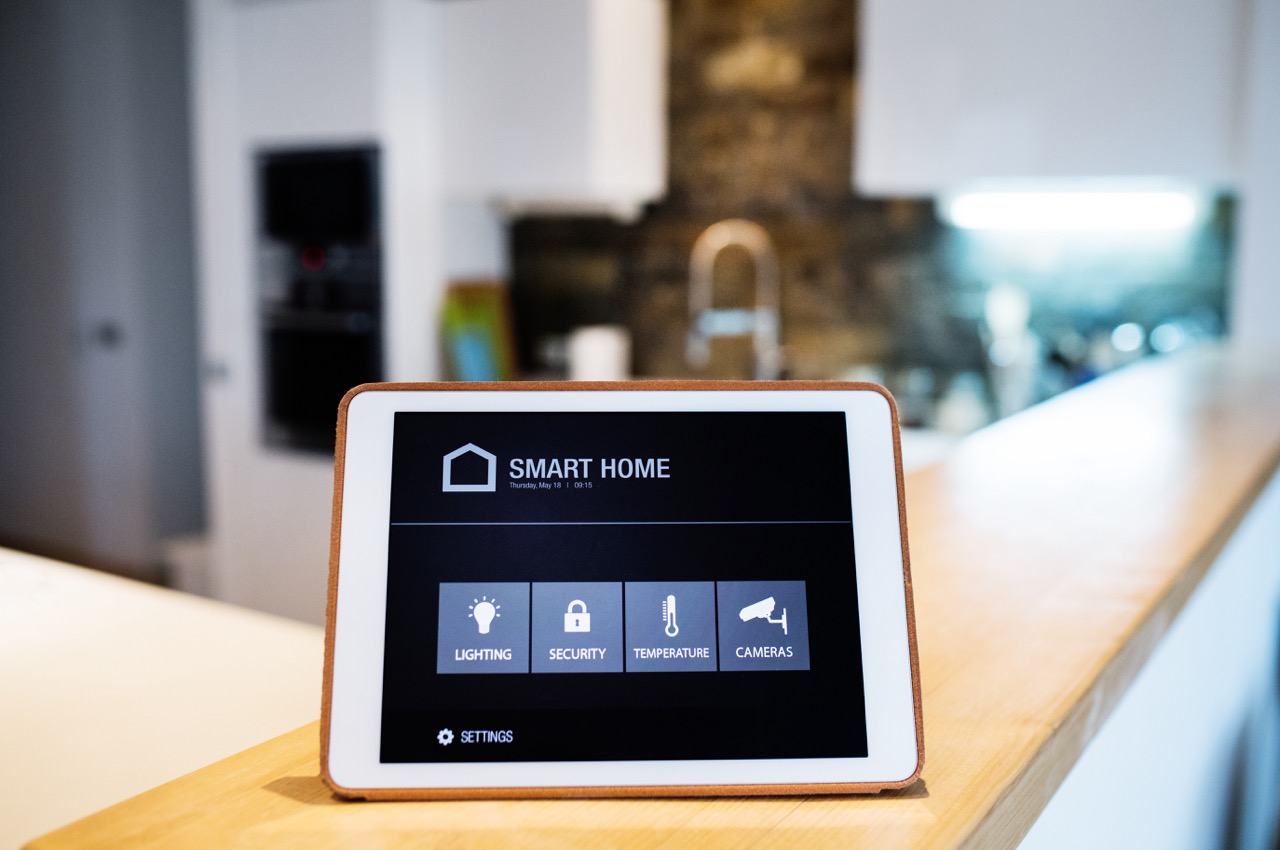In the realm of kitchen appliances, the smart refrigerator represents a groundbreaking advancement, fusing technology with everyday functionality to transform how we manage our kitchens. As more consumers are drawn towards integrating smart technology into their homes, understanding the features, benefits, and potential downsides of smart refrigerators becomes essential. This article delves into various aspects of smart refrigerators, from evaluating top brands to exploring their environmental impacts and future technology trends. By the end, you’ll have a comprehensive understanding of whether a smart refrigerator is a mere luxury or a necessary addition to your smart home ecosystem.
Evaluating the Top Smart Refrigerator Brands
When considering a smart refrigerator, the brand is as crucial as the features. Leading the pack are Samsung and LG, both known for their innovation and reliable technology. Samsung’s Family Hub and LG’s InstaView ThinQ excel in integrating with other smart home devices, offering features like internal cameras, touchscreen interfaces, and voice control. Whirlpool and GE also offer competitive models that focus on energy efficiency and customizable features that cater to varied household needs. These brands continually innovate, ensuring their appliances are not just storage units but central home management systems.
Smaller brands like Bosch and Haier are not to be overlooked, as they bring unique features to the table, such as advanced food preservation technologies and integration with other IoT devices. These brands are perfect for consumers looking for a tailored approach to their specific kitchen needs. Each brand has its strengths, whether it’s energy efficiency, technological integration, or user-friendly interfaces. Thus, consumers must evaluate which brand aligns best with their lifestyle and smart home ecosystem.
Brand reputation and after-sales service are also critical factors to consider. A smart refrigerator is a significant investment, and choosing a brand with reliable customer support and service ensures long-term satisfaction. Brands like Samsung and LG score highly here, offering extensive warranties and responsive customer service, which adds an extra layer of trust and security for consumers.
Exploring Innovative Features in Smart Fridges
Smart refrigerators have reshaped kitchen technology by incorporating features that bolster convenience, food management, and even entertainment. One of the most acclaimed features is the ability to see inside your fridge remotely via your smartphone. This not only helps in checking stock while grocery shopping but also reduces energy consumption by minimizing the time the fridge door is open. Additionally, touchscreen interfaces that can display recipes, manage grocery lists, and integrate with other smart home devices enhance the functionality of a kitchen exponentially.
Integration with AI and machine learning algorithms offers another layer of sophistication. These technologies can track consumption patterns and expiration dates, suggesting recipes based on the ingredients available in the fridge, thus minimizing food waste. Moreover, they can automatically adjust temperatures based on the type of food stored, ensuring optimal preservation conditions and further enhancing energy efficiency.
Voice control through platforms like Amazon Alexa or Google Assistant allows for hands-free operation, which is particularly useful while cooking or when hands are full. Imagine preheating your oven or playing music through your fridge’s built-in speakers just by using your voice. This feature not only adds a layer of convenience but also underscores the dynamic potential of integrating kitchen appliances into the broader smart home network.
How Smart Fridges Are Saving You Money
Smart refrigerators are designed with efficiency at their core, which translates into direct cost savings for the user. Advanced energy-efficient technologies mean these fridges use less electricity than conventional refrigerators. Over time, this reduced energy consumption can lead to significant savings on utility bills, offsetting the initial higher cost of the appliance. Furthermore, the ability to monitor and control your fridge remotely ensures that it operates optimally, only using energy as needed without unnecessary waste.
Food waste is a considerable expense in many households. Smart fridges help combat this issue by keeping more precise control over food storage conditions and notifying you when food is nearing its expiration. Features such as syncing your fridge with your smartphone and receiving updates about your food’s status can help plan meals more efficiently, reducing the amount of food that spoils and needs to be thrown away.
Additionally, the diagnostic capabilities of smart refrigerators can preemptively alert owners to maintenance issues before they become serious problems. This can save on costly repairs and maintenance services, extending the lifespan of the appliance. With these features, smart refrigerators not only offer convenience but also provide economic benefits that make them a worthwhile investment for the modern household.
The Environmental Impact of Smart Refrigerators
Smart refrigerators play a significant role in promoting environmental sustainability. Their energy-efficient operations comply with or exceed international standards such as the ENERGY STAR rating, which helps reduce the household carbon footprint. By optimizing cooling processes and reducing power consumption, these appliances are a step forward in making homes more environmentally friendly.
Moreover, their ability to reduce food waste also contributes positively to environmental efforts. Food waste is a major issue globally, with significant resources wasted in food production that ends up in landfills, producing greenhouse gases like methane. By efficiently managing food storage and reminding users of expiration dates, smart fridges help in cutting down the amount of food discarded.
Nevertheless, it’s important to consider the production and disposal impacts of these high-tech appliances. The manufacturing of smart refrigerators often involves complex components and potentially harmful materials. Consumers should look for brands that commit to responsible manufacturing practices and offer recycling programs for old appliances to mitigate these environmental downsides.
Smart Refrigerators: Luxury or Necessity?
Defining whether smart refrigerators are a luxury or a necessity depends largely on individual lifestyles and values. For tech-savvy consumers or those who integrate technology into every aspect of their lives, a smart fridge might be considered essential. It enhances kitchen management, integrates with other smart home systems, and provides a level of convenience that traditional refrigerators simply cannot offer.
On the other hand, for individuals who prioritize basic refrigeration needs or are on a tight budget, traditional fridges do the job without the added cost of smart functionalities. However, considering the long-term savings in utility bills, reduced food waste, and the convenience of remote management, smart refrigerators present a compelling case for being a necessity in future homes.
Ultimately, the decision between luxury and necessity might come down to future trends and how standard these smart features become in the coming years. As technology evolves and prices potentially drop, what is considered a luxury today might become tomorrow’s standard appliance feature.
Future Trends in Smart Refrigerator Technology
Looking ahead, the future of smart refrigerator technology is set to become even more integrated and intuitive. We can anticipate further advancements in AI capabilities, where fridges can make real-time decisions about food safety, offer more personalized recipe suggestions, and even order groceries automatically as supplies run low.
Another exciting development could be in the realm of sustainability. Future models might incorporate solar panels, more recyclable materials, and advanced cooling technologies that use less energy and are less harmful to the environment. These innovations would address current environmental concerns associated with the production and disposal of smart fridges.
Additionally, expect further integration with other smart home devices, leading to more cohesive home management systems. Imagine a refrigerator that not only advises you on what to cook but also preheats the oven and sets the dining table lights according to the mood suggested by the meal. Such advancements would redefine the role of the kitchen in smart home ecosystems, making it a central, more interactive hub.
Smart refrigerators represent a significant leap forward in the functionality and integration of kitchen appliances. From managing food inventory and reducing waste to saving on energy costs and integrating seamlessly with other smart home devices, the benefits are clear. Whether viewed as a luxury or a necessity, there is no denying that smart refrigerators hold a promising place in the future of home management. As technology advances, these appliances will likely become even more indispensable, redefining what it means to have a modern kitchen in a connected world.










